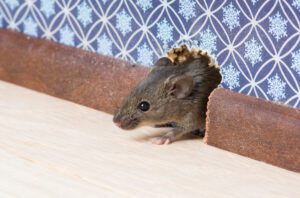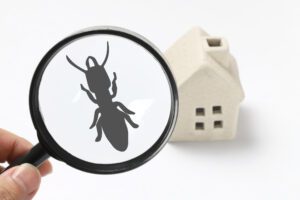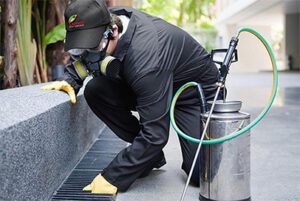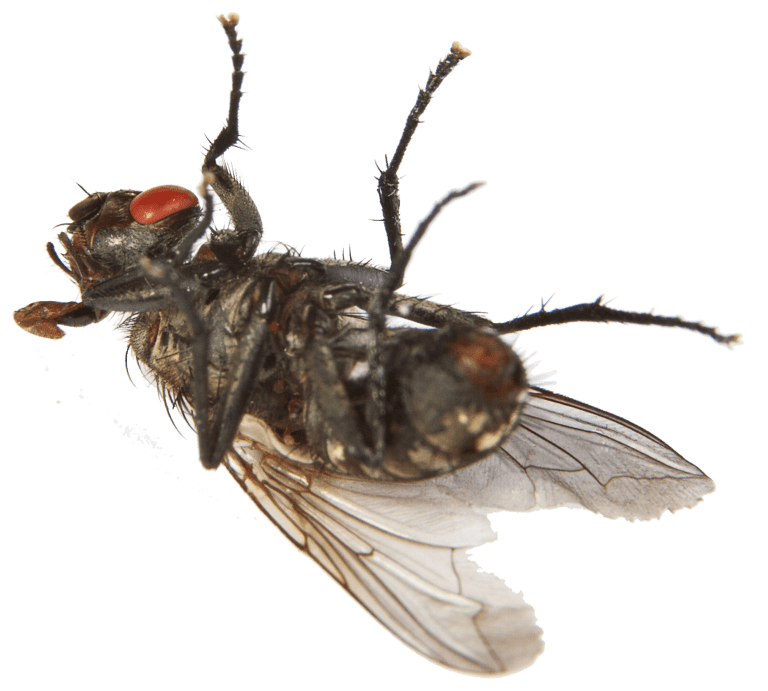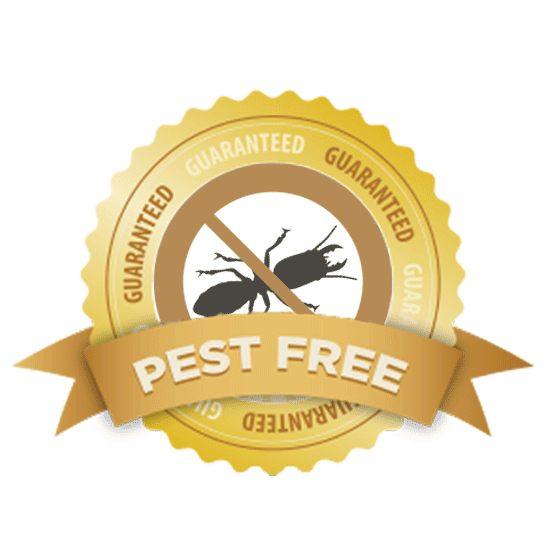Dampwood, Drywood, Formosan, and Subterranean. We are not talking about bad guys from a Saturday morning cartoon or the villains from a video game. These are all varying types of termites from around the world. Termites are a small, pale soft-bodied insect that live in large colonies with several different castes, typically within a mound of cemented earth.
Termite activity and species vary by region. Dampwood, drywood, Formosan or Subterranean, are typically found in the particular region of the United States that offers the right balances of moisture (whether dry or damp) and temperature (above or below freezing in the winter). Drywood termites live in regions of the country that do not reach freezing temperatures during the winter. Dampwood termites are primarily found in the Southwest, on the Pacific coast, and in central and southern Florida. Formosan termites have been reported throughout southern United States including Alabama, California, Florida, Georgia, Hawaii, Louisiana, Mississippi, North Carolina, South Carolina, Tennessee, and Texas. Subterranean termites withstand a wide range of temperatures and survive in every state except Alaska.
Understanding Termites Species
Dampwood termites summer and spring wood. As their names suggests this species of termites prefers moist decaying wood. Dampwood termites eat across the grain of the wood. Drywood termites damage wood however often leave the physical appearance of wood smooth and clean. Drywood termite infestations are identified by heaps of fecal pellets generally found in the windowsills of homes. Formosan termites consume springwood timber, usually having layered areas packed with moist soil in excessive activity areas. As they consume the wood they leave behind smooth sided galleries.
Damaged wood may also cause walls or other parts of the structure to sag. Since Subterranean termites build their nests underground, damaged wood usually has a buildup of soil or moist dirt within the tunnels of the wood they are eating. Since subterranean termites only eat softwood, damaged wood appears to be layered, the result of the workers not eating the hardwood portion. In addition, Subterranean termites feed along with the grain rather than across the grain.
Dampwood termites reproduce by a pair of winged swarmers starting a colony. They find a suitable piece of wood and make a compartment in it. They produce a few eggs the first year. Colonies are usually small, but in ideal conditions Dampwood termite colonies become very large.
Drywood termites are blind, however, those responsible for reproduction have the ability to see. As with other termites, a pair of reproductive Drywood termites mate and form a new nest or colony is a proper environment like wooden roof shingles, sidings, or eaves.
Formosan termites have a queen that produces more than 1,000 eggs per day. At certain times during the reproductive cycles, Formosans create fresh colonies by releasing winged males and females from the colony to swarm. As they swarm, they mate and form new colonies.
Signs You May Have Termites in Fort Lauderdale
Want to know if your precious home or office has been invaded by these little soft body creatures? Here are a few signs to look for. Start in the basement. Termite damage may be located by penetrating wood with a screwdriver or some other sharp tool like a sharp blade for example. Hollow sounding wood, termites like to hollow out wood so damage to wood may not be seen on the surface. Inspection should be done with the exterior and interior surfaces of the foundation, particularly construction where wood is on or near the soil. Mud tubes on exterior walls are an indication of termite infestation. These tubes provide moisture for the termite community.
Here are a few quick tips that may help you prevent a termite infestation:
- Avoid allow direct contact of structural wood and soil.
- Don’t let moisture accumulate near the foundation of your home.
- Reduce humidity in crawl areas.
- Don’t store firewood or other wood products near the foundation of your home.
- Eliminate any existing termites.
- Call a pests control specialist in Fort Lauderdale for a complimentary pests inspection.

